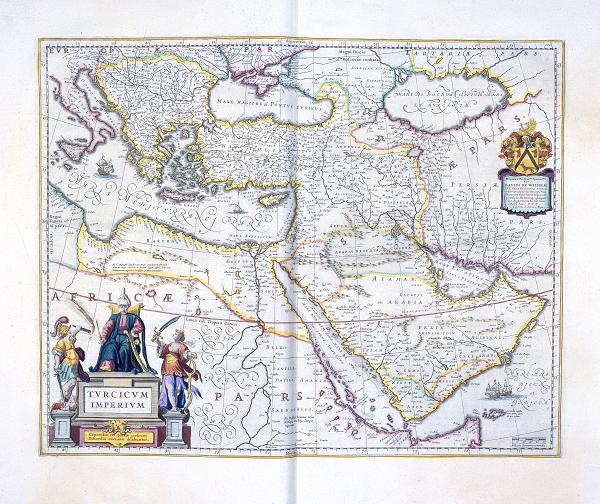I’m reading Andrew Pettigree’s fascinating book, The Invention of News: How the world came to know about itself. In the early days of newsprint, many felt that only people who actually needed to know about foreign wars and suchlike — merchants, statesmen — would profit from reading news.
It was only at the very end of the seventeenth century that a German author would join the debate with an unambiguous statement in favour of reading newspapers. Kaspar Stieler’s Zeitungs Lust und Nutz (The Pleasure and Utility of Newspapers) was a ringing endorsement of the right to follow the news:
We who live in this world, must know the present world; we get no help here from Alexander, Caesar or Mohammed if we wish to be wise. Whoever seeks this wisdom and wishes to partake in society must follow the papers: must read and understand them.
I was struck by the way Steiler lists Mohammed alongside Alexander and Caesar. These seem an odd trio. Are we talking about Mohammed the prophet, or Mohammed the war leader? The company he’s keeping in this excerpt imply the latter.
How did Europeans of the age view Mohammed? Was he seen as a dispenser of wisdom? A false prophet? Or merely a secular conqueror, like Alexander? And, if as a conqueror, was he respected and admired, seen as a great leader, as Alexander was?
When Europeans thought of Mohammed, did they think of Islamic power, Jerusalem and the Crusades, the Ottomans, Moorish Spain? Or did they think of Mohammed the man, in his own time, unconnected to contemporary Muslims?
Pettigree’s reference:
Kaspar Stieler, Zeitungs Lust und Nutz (Hamburg: Schiller, 1695), quoted Groth, Geschichte, p. 19.
